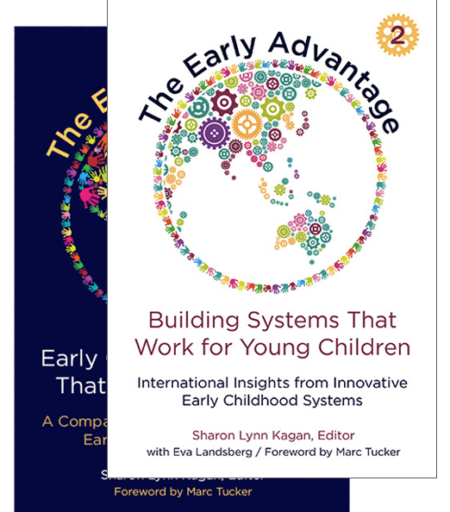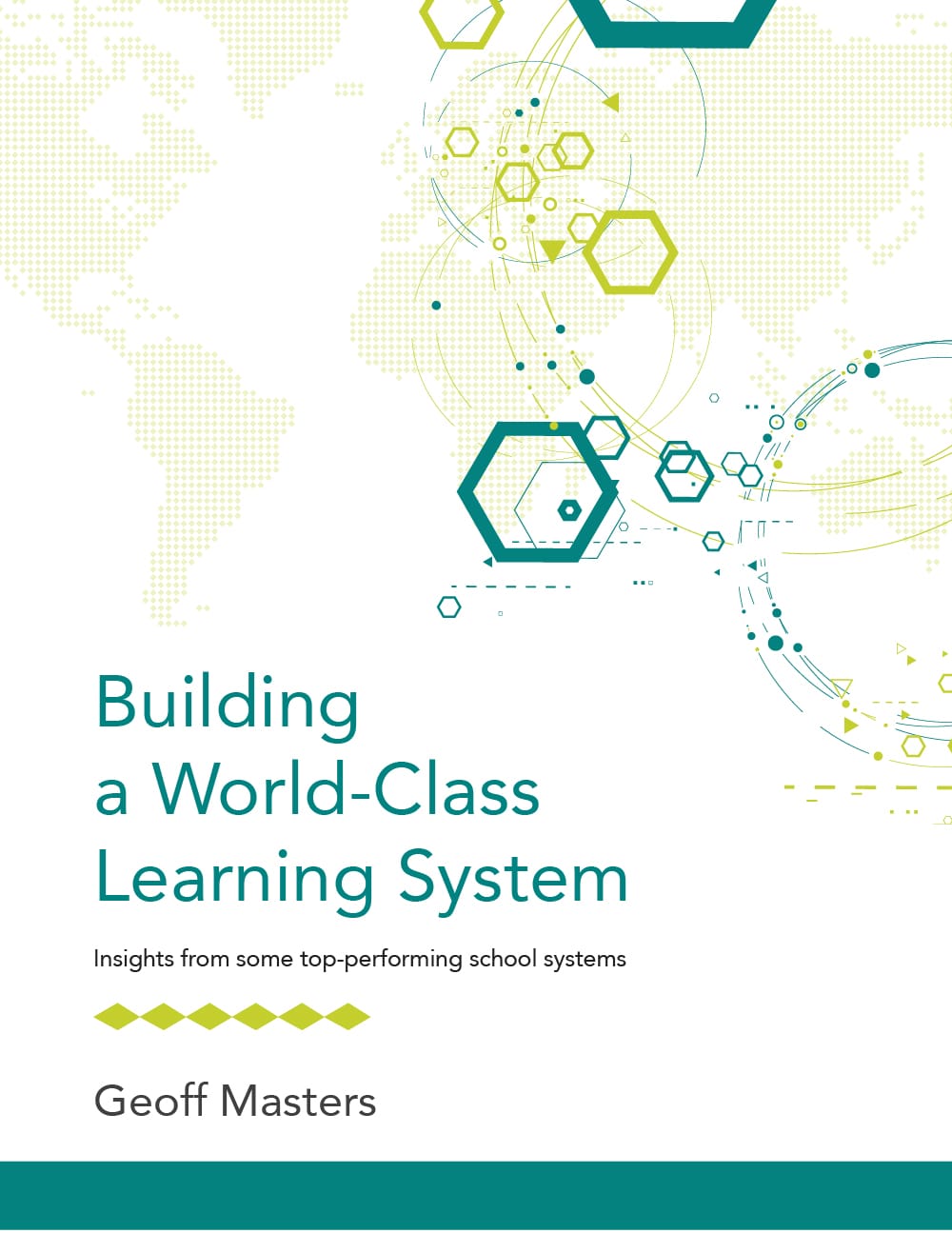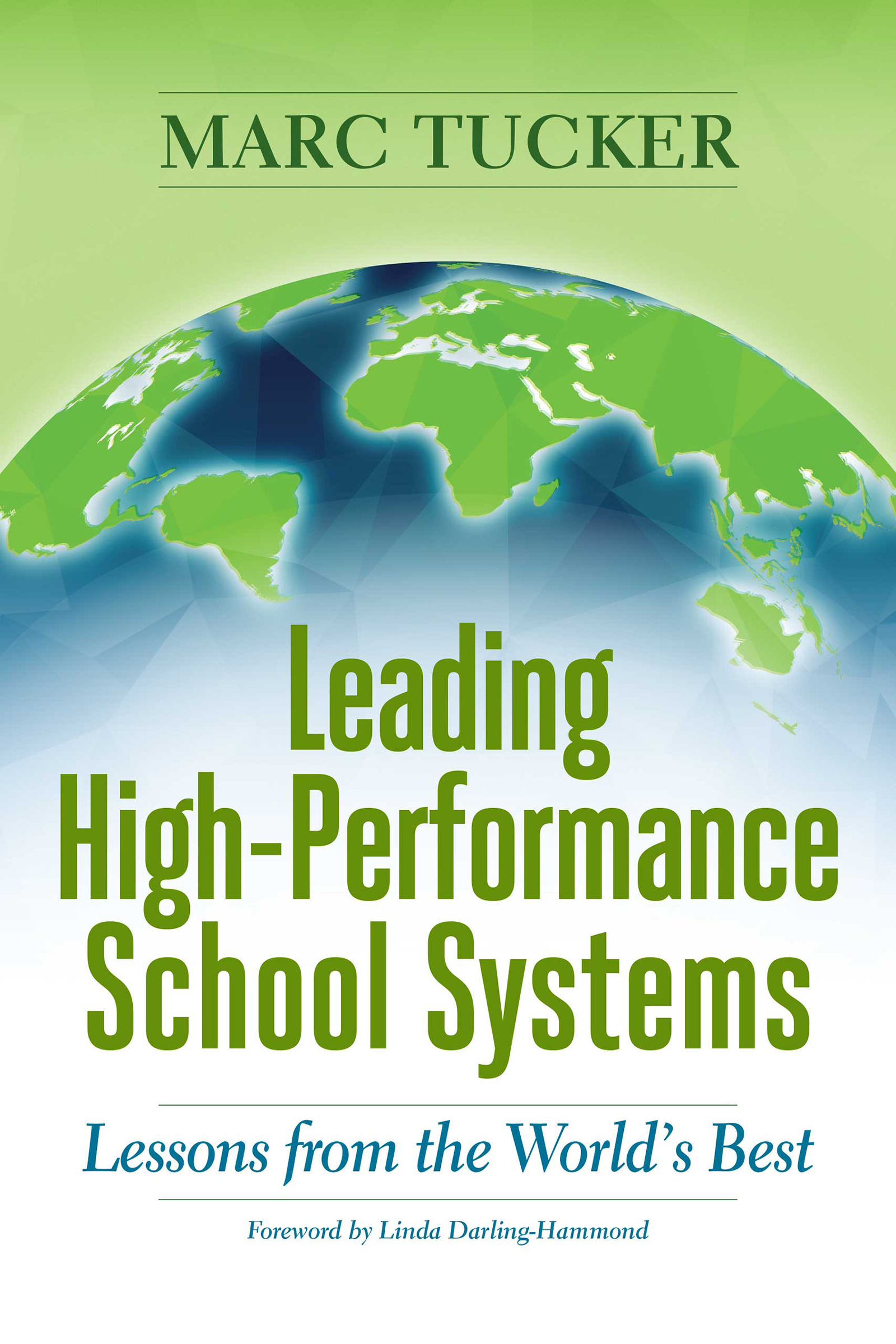As educators and policymakers around the globe grapple with how to best serve their youngest learners, a few systems are taking the lead. A new, groundbreaking study, The Early Advantage, finds that Australia, England, Finland, Hong Kong, the Republic of Korea and Singapore are pioneering new but remarkably different visions for early childhood education and care (ECEC).
In the first book, The Early Advantage 1: Early Childhood Systems That Lead By Example, world-renowned early childhood researcher Sharon Lynn Kagan and her team of international experts examined the innovative approaches to early childhood policy, practice, and service delivery in these leading systems. Kagan and her team analyzed the quality, access, efficiency, and sustainability of services for young children in the six jurisdictions. The book takes readers on a deep dive into the innovative strategies and approaches to ECEC and offers an insider’s look into common challenges, themes and lessons from these diverse systems.
In the second volume, The Early Advantage: Building Systems that Work for Young Children, Kagan and her team extract the essential elements from six high-performing systems to determine what must be considered when creating and implementing programs and policies for young children and their families. Challenging conventional thinking, the text offers scores of concrete examples, as well as multiple strategies, considerations, and approaches useful to leaders worldwide.
“This study brings to light the striking new reality facing early childhood education and care systems around the world,” said Kagan. “For the first time, we are seeing clearly the disparate and rapidly evolving global perspectives in ECEC. These differing perspectives and approaches to the “how” and “what” of systemic change reflect a policy and research sphere that is at an inflection point. Our understanding of the significance of the early years is growing rapidly and the common effort to create public policy and programs that support young children during this critical time are, in many ways, scrambling to keep pace.”





